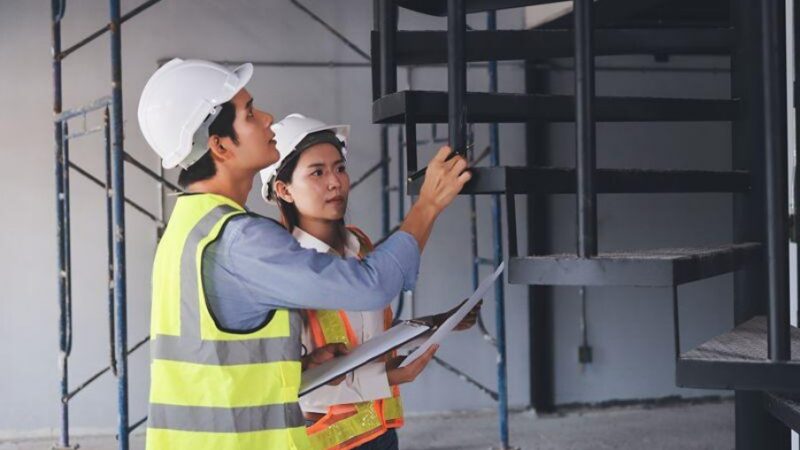Career Development Plan: Why Every Professional Should Have One

For professionals nowadays, career growth no longer happens by chance, as they need to take deliberate steps to shape their future and ensure their skills remain relevant. A career development plan provides a structured roadmap that helps individuals set goals, identify skill gaps, and stay focused on long-term success. Alongside training opportunities, tools such as a resume writing and interview skills workshop play a role in equipping professionals with the confidence and practical skills to navigate career changes. Together, these elements make career progression purposeful and achievable.
The Value of a Career Development Plan
A career development plan acts as a blueprint for personal and professional growth. It enables individuals to set both short- and long-term goals, whether aiming for a promotion, switching industries, or building new expertise. By writing these goals down and mapping the steps required to achieve them, professionals gain clarity about the direction they want to take. This structured approach reduces uncertainty and helps prioritise time and resources effectively.
Beyond goal-setting, a career development plan encourages continuous learning. The modern workplace evolves quickly, and industries regularly adopt new technologies and practices. Professionals who plan are more likely to seek out courses, certifications, or mentorship opportunities that strengthen their capabilities. This ongoing effort ensures they stay competitive and adaptable in a constantly changing environment.
Supporting Skills: Resume Writing and Interview Workshops
Career planning is not only about long-term strategy but also about being prepared for immediate opportunities. A resume writing and interview skills workshop helps professionals present themselves effectively when applying for new roles. These workshops teach participants how to craft targeted resumes that highlight their most relevant achievements, increasing their chances of being shortlisted.
Interview preparation is another crucial element. Even qualified candidates can struggle to communicate their value clearly. Workshops guide answering common questions, demonstrating confidence, and aligning responses with the employer’s expectations. By integrating these skills into a broader career development plan, professionals are better prepared to act when new opportunities arise.
Key Components of Effective Planning
An effective career development plan starts with self-assessment. Professionals need to evaluate their current skills, strengths, and weaknesses to determine where improvements are necessary. Tools such as performance reviews or skills inventories can provide helpful insights. Once gaps are identified, individuals can focus on acquiring the knowledge or experience needed to progress.
Another component involves aligning personal goals with industry trends. For example, someone in finance may need to learn more about digital banking tools, while a marketing professional might benefit from data analytics training. Setting realistic timelines for achieving these milestones ensures progress remains steady. Without defined stages, even the most ambitious career development plan can become difficult to execute.
The Role of Mentorship and Networking
Mentorship and networking further support a well-rounded career development plan. Having a mentor provides valuable guidance from someone with more experience, helping individuals avoid common mistakes and gain perspective on their chosen path. Regular feedback from mentors can also refine goals and strategies, keeping career growth aligned with real-world expectations.
Networking opens doors to opportunities that may not be advertised publicly. Building connections across industries can lead to collaborations, referrals, or insights into emerging trends. When combined with a structured career development plan, these relationships become assets that enhance both professional visibility and credibility.
Conclusion
A career development plan is essential for any professional who wants to progress intentionally rather than rely on chance. It provides structure, encourages continuous learning, and ensures readiness when opportunities arise. Adding resources such as a resume writing and interview skills workshop further strengthens this journey by equipping individuals with the tools to present themselves effectively.
Contact e2i to start building your career development plan today and gain the skills and confidence to achieve your goals.







